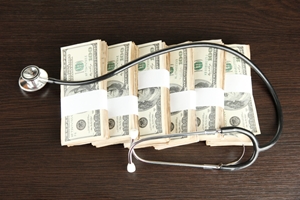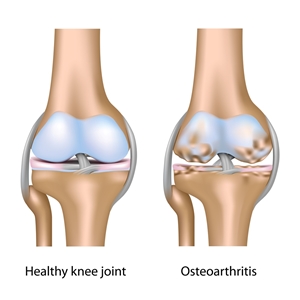
When consumers are no longer relying on employee benefits to manage their healthcare, they often underestimate how much money they need to devote to health coverage, a recent poll finds.
According to the study, which was conducted by life insurance firm Aviva USA in partnership with the Mayo Clinic, approximately nine out of every 10 people anticipate contributing about 20 percent of their retirement income to healthcare-related needs. But as the Urban Institute recently pointed out, people should be ready to commit at least 30 percent of their earnings to healthcare related needs.
Philip Hagen, medical director for the Mayo Clinic, said that there appears to be a significant difference in what consumers think about the cost of coverage and what it is in reality. They're also not fully taking into consideration that as they age, their health is more likely to deteriorate.
"This survey revealed most Americans are unrealistic about some of the repercussions of lifestyle choices and aging – specifically, that as you get older, your health is apt to decline and your need for health care increases," said Hagen. "That need for additional care also means there will be additional costs."
He added that consumers can manage their healthcare costs by taking preventive actions, such as by improving their lifestyle habits by eating more healthfully and exercising on a regular basis.
Consumers aren't the only ones who may misjudge the overall cost of health expenses. Bloomberg reported in April that the White House underestimated what the state-based health insurance exchanges marketplaces would cost. Overall, their setup and management will likely be as much as $5.7 billion by 2014.





